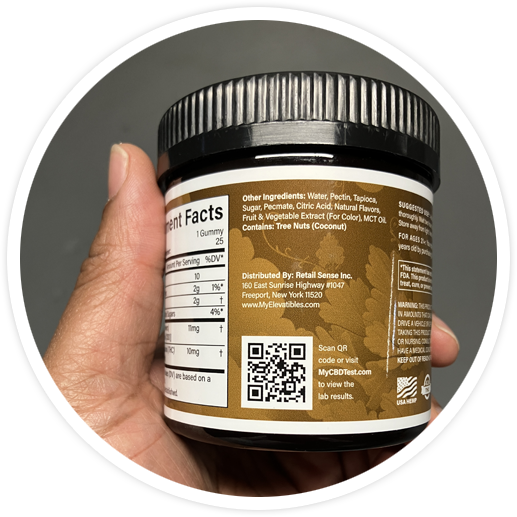
Cannabis compounds are gaining serious attention from both researchers and health-conscious adults seeking alternatives to traditional treatments. Two compounds in particular—CBD and THC—have shown promising results for various health conditions, backed by growing scientific evidence.
If you’re considering cannabis-based wellness options, understanding these compounds can help you make informed decisions about your health journey.
CBD (cannabidiol) is a non-psychoactive compound found in the cannabis plant that won’t make you feel “high.” Unlike its counterpart THC, CBD interacts differently with brain receptors, making it an appealing option for those seeking therapeutic benefits without altered consciousness.
Studies reveal encouraging results for CBD’s potential health applications. More than a dozen animal studies over three decades have demonstrated CBD’s ability to reduce anxiety-like behaviors. Human trials are showing similar promise:
Survey data supports these findings. Among over 2,000 people surveyed, more than one in six reported using CBD to manage depression, with almost two-thirds saying it worked very well or moderately well.
Scientists believe CBD affects more than 65 receptors in your brain, including some that influence serotonin levels—a key neurotransmitter linked to mood regulation. This widespread interaction may explain CBD’s potential for treating anxiety and depression symptoms.
THC (tetrahydrocannabinol) is the psychoactive compound that creates the “high” associated with cannabis. While it carries more risks than CBD, research has identified specific therapeutic applications.
THC has shown effectiveness for certain conditions:
A 2024 study of 300 people examined how different cannabis products affect anxiety. The results were telling: while all cannabis users reported decreased anxiety compared to non-users, those using CBD-dominant products experienced the greatest improvements without feeling impaired.
CBD-dominant products were also less likely to cause paranoia—a common side effect of THC. This suggests CBD may offer anxiety relief without the cognitive risks associated with THC.
The scientific community is actively studying both compounds for various conditions. Surveys indicate 14-33% of U.S. adults have used CBD at some point, often for pain, insomnia, and mental health concerns.
Ongoing research is examining CBD and THC as treatments for:
However, research gaps remain. Scientists are still working to understand optimal dosages, treatment duration, and long-term effects.
The World Health Organization considers CBD generally safe with low abuse potential. However, side effects can occur:
CBD can also interact with medications including antibiotics, antidepressants, cholesterol drugs, and blood thinners.
THC carries additional risks, particularly with frequent use:
Early and frequent THC use poses the greatest risk for developing problematic use patterns.
Currently, CBD is only FDA-approved for treating certain seizure disorders. Without federal regulation of cannabis products, dosage recommendations remain limited.
Key considerations include:
Scientists don’t yet know optimal dosages for most conditions or how long treatment should continue for maximum benefit.
The research on CBD and THC health benefits continues to evolve, with promising early results for anxiety, depression, and specific medical conditions. CBD appears to offer therapeutic potential with fewer risks than THC, making it an attractive option for many adults.
However, the lack of federal regulation means product quality varies widely. If you’re considering cannabis-based wellness options, work with healthcare providers familiar with cannabinoid medicine. They can help you navigate product selection, potential drug interactions, and appropriate usage guidelines.
Start with the lowest effective dose and choose products from reputable manufacturers who provide third-party lab testing results. This approach maximizes potential benefits while minimizing risks as you explore these alternative treatment options.

Each batch of Elevatibles gummies are tested by an independent laboratory for:
Each pack of Elevatibles purchased includes a QR code that can be scanned to view the test results of that specific batch.
Not Sure About CBD? Try a Free Gummy on Us!*
Curious about CBD but not ready to commit? We’ve got you covered! Our free sample CBD gummy is the perfect, no-pressure way to see how it can help you relax, unwind, and feel your best—naturally.
No fuss, no risk—just one small step toward discovering how CBD might work for you! Just pay for shipping.
*You must be 21 years old or older to order. Consult your local laws governing the use of CBD products.